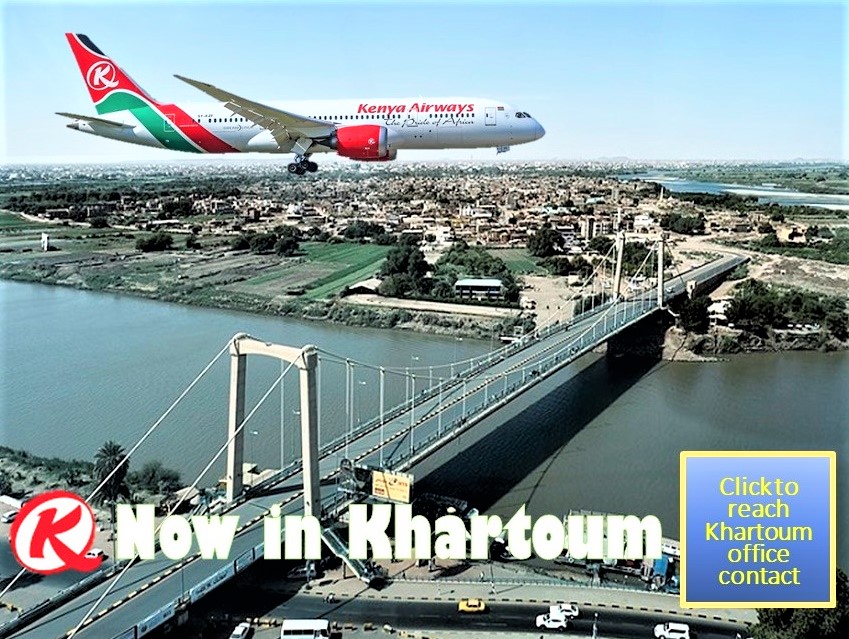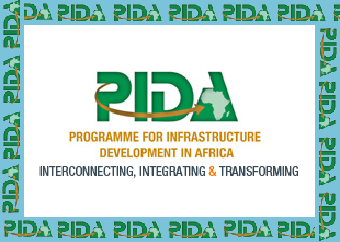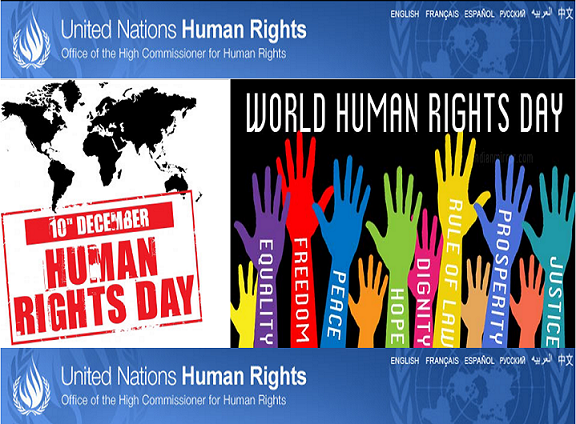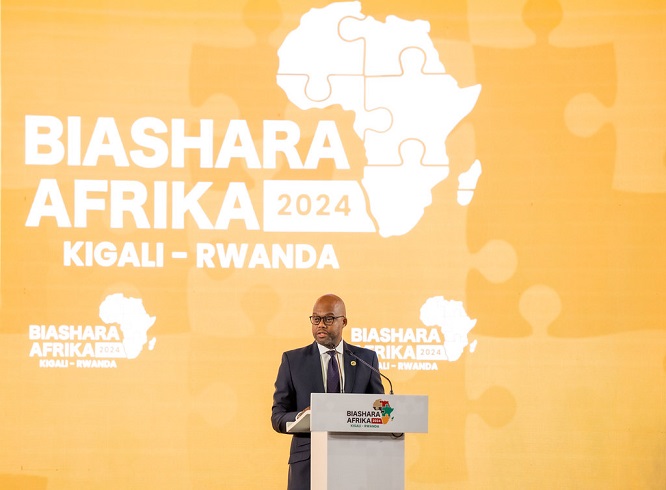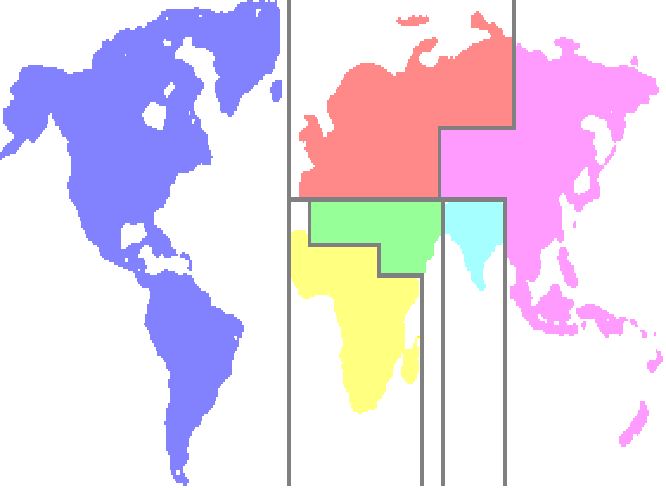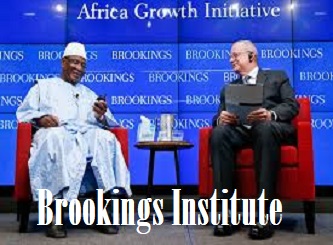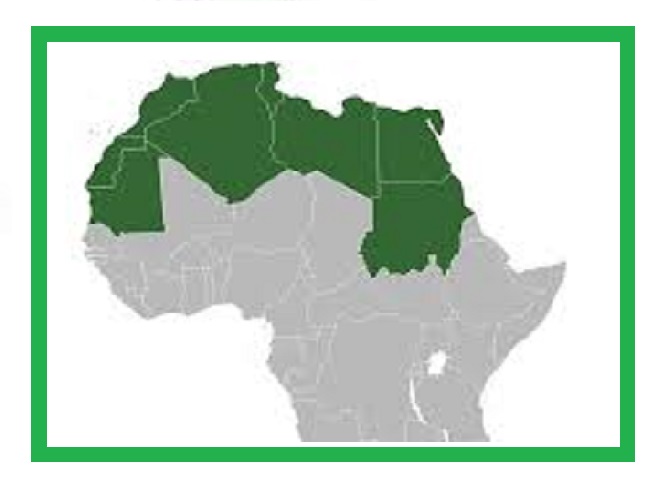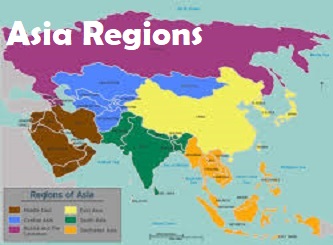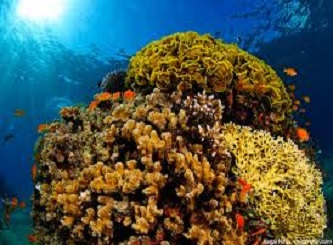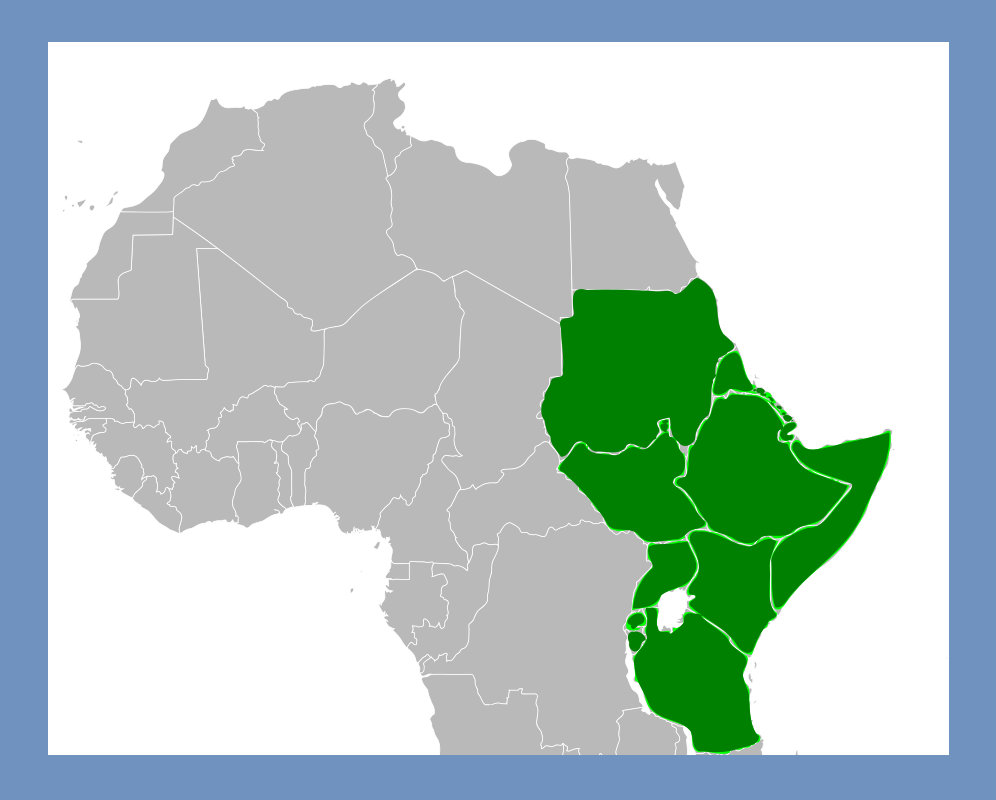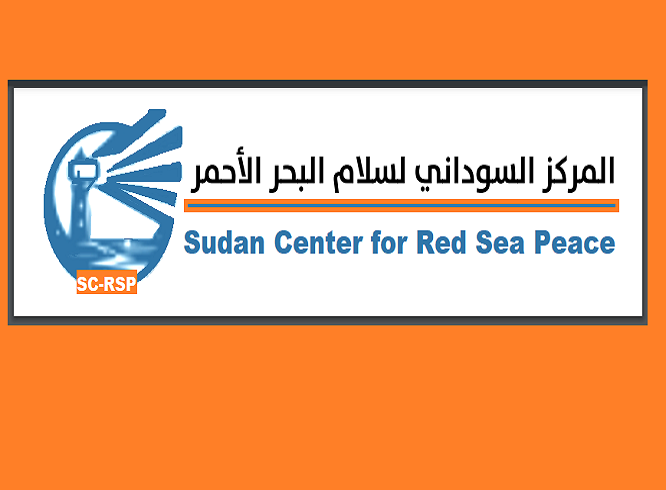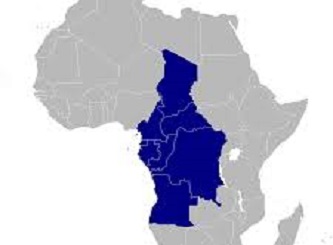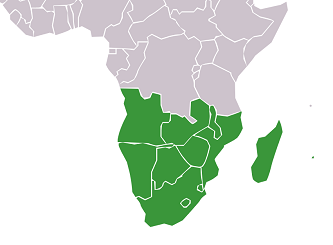Can ‘Intelligence Diplomacy’ End the Sudanese Crisis?

Despite 20 years of cooperation on counterterrorism, the US has taken a backseat in resolving Sudan’s current crisis. European and Arab intelligence agencies have stepped in, working directly with Sudanese intelligence to bring peace and stability to the region.
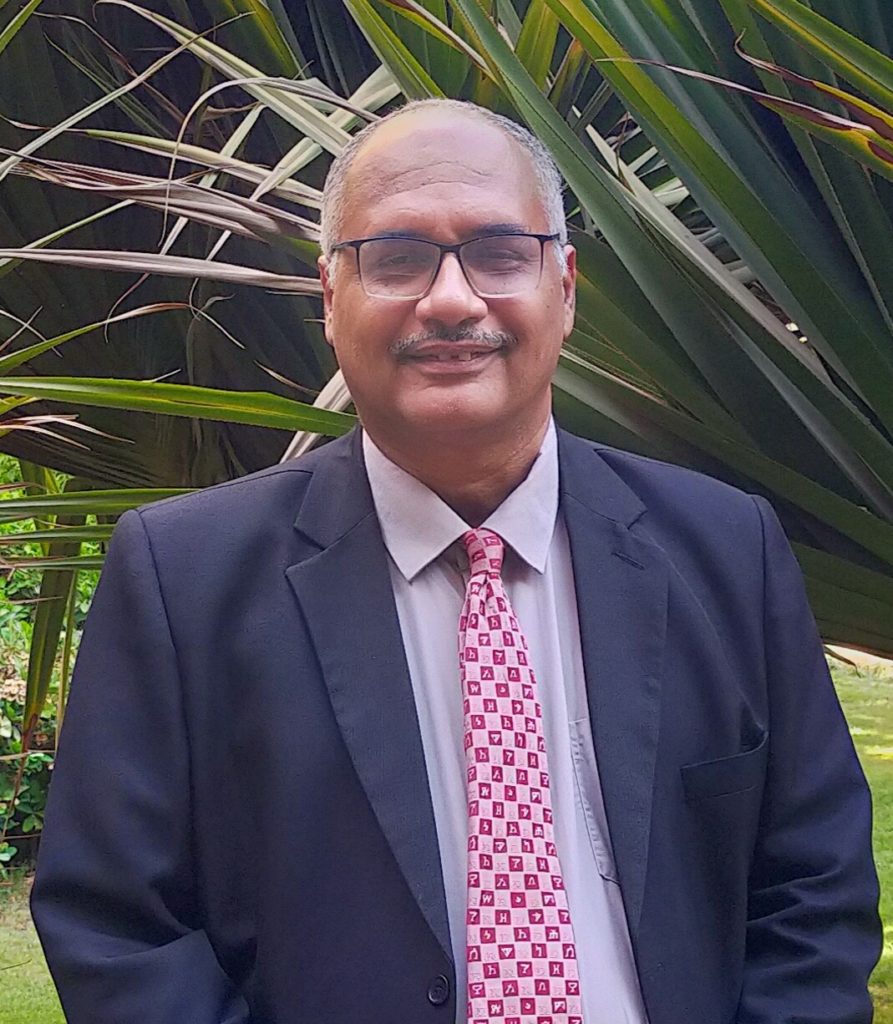
By Mekki ELMOGRABI
Sudan’s War and the Growing Fear: the Intelligence Connection Strongly Needed.
As the devastating effects of the ongoing war in Sudan continue, new political and diplomatic efforts are being unveiled, aiming to mobilize international public opinion to halt the violence and restore peace. Surprisingly, these efforts are not being led by politicians or United Nations officials but by some of the Arab and European intelligence agencies. At the forefront of these initiatives is Sudanese intelligence chief, Lieutenant General Ahmed Ibrahim Mufaddal, who has conducted diplomatic tours across France, Italy, and five Arab nations.
Europe Takes the Lead as the US Watches
While the world watches in horror as the Rapid Support Forces (RSF) militia continues its violent campaign to capture the city of El-Fasher in Darfur, US Secretary of State Antony Blinken has condemned the militia’s actions. However, Europe has taken more concrete steps beyond Blinken’s rhetoric, largely because the Sudanese conflict poses an existential threat to European stability.
European intelligence agencies have identified the Sudanese war as a major security concern, primarily due to its connection to irregular migration and terrorism. The increase in irregular migrants is not just a humanitarian issue but a security threat, as among those fleeing are members of militias and terrorist organizations like the RSF. Europe’s intelligence community fears that those trained in violence and looting in Africa could carry those behaviors to Europe, further destabilizing the region.
Sudan was once a hub for economic migration, attracting people from West and East Africa with its agricultural projects and booming economy between 2000-2011. Even after the loss of South Sudan, Sudan remained capable of managing its borders and curbing human trafficking. However, the fall of the Bashir regime in April 2019 and the current war have dramatically eroded that capability, leading to chaos. The national army and regular security forces need to reestablish control, and ‘Intelligence Diplomacy’ is emerging as the crucial tool to achieve this.
France and Italy’s Role in Peace and Security
High-level meetings between Sudanese and French intelligence, along with the French Foreign Ministry, have led to substantive discussions about the importance of ending the conflict. These meetings signify a major shift in Europe’s stance on Sudan, as France in particular has expressed deep concern about the ramifications of continued violence on the region’s stability. Now it’s time for talks on a joint action plan between Sudanese and French intelligence, signaling a shift from mere dialogue to tangible cooperation.
In Italy, the discussions have focused on the broader implications of terrorism and the potential for Sudan’s crisis to further destabilize Europe. The war has global ramifications, and intelligence cooperation seems to be Europe’s solution.
The US Lags Behind in Intelligence Cooperation
Historically, Sudan’s relationship with the US has been a complicated one. Despite being removed from the list of state sponsors of terrorism in 2020, following lengthy negotiations, cooperation between US and Sudanese intelligence predates this removal. Yet, it is now Europe that is taking the lead in intelligence collaboration to combat the escalating crisis.
A New Approach: Intelligence over Politics
Unlike traditional political negotiations, this new strategy of “Intelligence Diplomacy” focuses on real-world solutions. Western and Arab intelligence agencies are working directly with Sudanese intelligence to reach a peace settlement that will stabilize the country and safeguard Africa from the ripple effects of Sudan’s war. The solution lies not in political bargaining with militias seeking control but in joint efforts to restore security and territorial integrity.
With ongoing conflicts in Ethiopia, Chad, and the Central African Republic, Sudan’s war threatens to plunge the entire region into chaos. The international community must act decisively to prevent further instability.
Mufaddal’s Regional Diplomatic Efforts
General Mufaddal’s diplomatic tour included key regional powers such as Saudi Arabia and Egypt. Both nations have strong interests in Sudan’s stability. Egypt, already hosting a large number of Sudanese refugees, has cooperated closely with Sudanese authorities. In Saudi Arabia, Mufaddal found strong support for his proposals.
Algeria, another key player in the region and a representative of Arab and Africa on the UN Security Council was also visited by Mufaddal. His message was clear and realistic: the future of Sudan will never lie in the hands of the RSF or its sponsors, nor fake solutions that equate the militia with the Sudanese Armed Forces (SAF). His stance echoed that of Special Envoy for Sudan Tom Perriello, who has also voiced his support for the SAF, “There is no political or military future for the Rapid Support Militia, but the future is for the Sudanese Armed Forces, SAF, which needs to be a professional army for all Sudanese.”
While the US has largely been passive, Europe and regional players are actively working to secure Sudan’s future.
Mekki ELMOGRABI, Consultant with the Sudanese Government and Press Writer on African Affairs, can be reached via elmograbi@gmail.com

